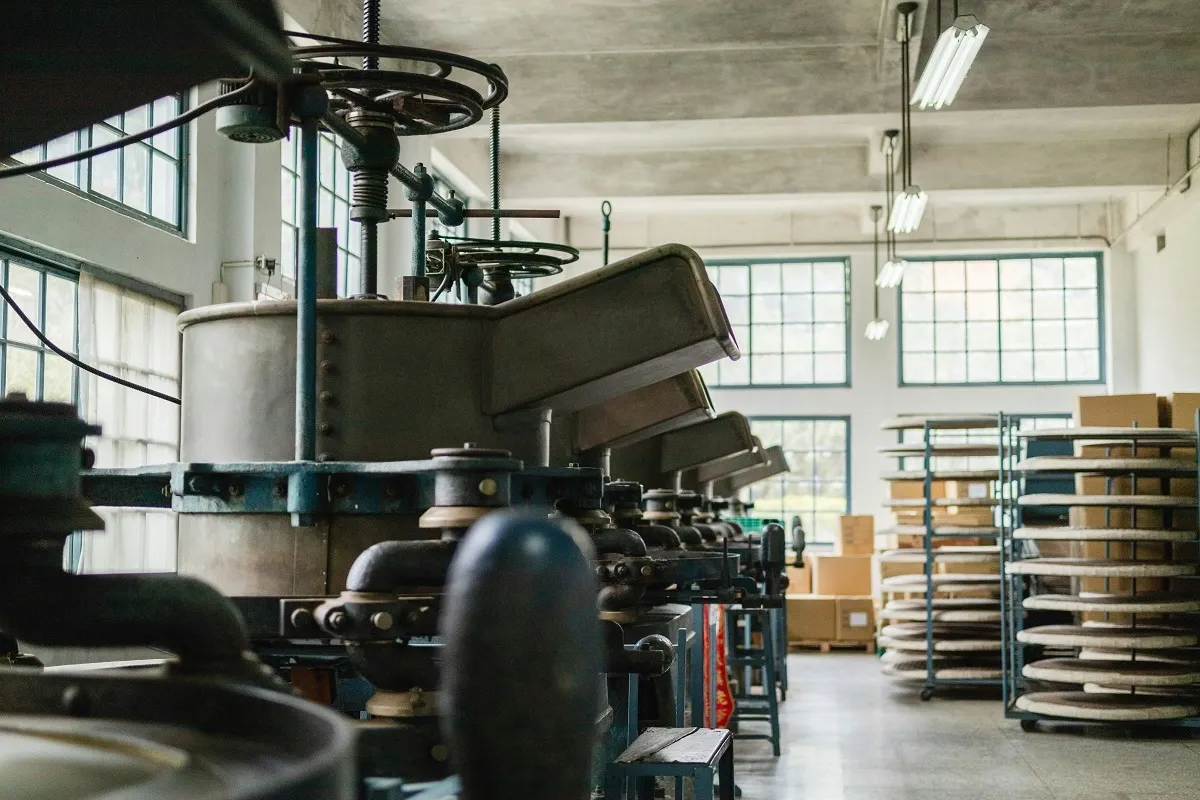Business News
Govt exempts 'white category' industries from dual environmental approvals | Check the list
.png)
4 min read | Updated on November 14, 2024, 15:00 IST
SUMMARY
The move is expected to reduce the regulatory burden and prevent duplication of approval processes, benefiting small and medium enterprises (SMEs).

The Government of India has introduced new regulations to streamline environmental approval processes for non-polluting industries.
The Union government has streamlined environmental approvals for setting up new industries by removing the need for dual compliance under Environmental Clearance (EC) and Consent to Establish (CTE), fulfilling a long-standing demand of the industry, the ministry of environment, forest and climate change (MoEFCC) said on Thursday.
Under the new regulations, non-polluting "white category" industries are now exempt from obtaining both CTE and Consent to Operate (CTO) certificates. Industries that have already secured EC will not be required to obtain CTE, reducing compliance obligations and preventing redundant approval processes.
According to the ministry, the move will ease regulatory burdens while maintaining oversight.
"Notifications to this effect have been issued by MoEFCC under the Air Act and Water Act," the release said.
"The notification effectively integrates these two approvals and a Standard of Procedure has also been issued in this regard to take into account the issues considered during CTE process, in the EC itself," it added.
State Pollution Control Boards (SPCBs) will be consulted during the EC process and industries will continue to pay the CTE fee to ensure that states do not experience revenue loss from the regulatory change, the ministry said.
The Central Pollution Control Board (CPCB) classifies "white category" sectors as those with minimal or no pollution potential. These include sectors such as assembly of air coolers, packaging of powdered milk, fly ash brick manufacturing, and solar power generation, among others.
The exemption is expected to benefit a wide range of small and medium enterprises (SMEs) across the country, making it easier for them to commence operations.
Here’s the list of ‘white category’ sectors classified by CPCB
- Assembly of air coolers /conditioners, repairing and servicing
- Assembly of bicycles, baby carriages and other small non motorizing vehicles
- Bailing (hydraulic press) of waste papers
- Bio fertilizer and bio-pesticides without using inorganic chemicals
- Biscuits trays etc from rolled PVC sheet (using automatic vacuum forming machines)
- Blending and packing of tea
- Block making of printing without foundry (excluding wooden block making)
- Chalk making from plaster of Paris (only casting without boilers etc. (sun drying / electrical oven)
- Compressed oxygen gas from crude liquid oxygen (without use of any solvents and by maintaining pressure & temperature only for separation of other gases)
- Cotton and woolen hosiers making (Dry process only without any dying / washing operation)
- Diesel pump repairing and servicing (complete mechanical dry process)
- Electric lamp (bulb) and CFL manufacturing by assembling only
- Electrical and electronic item assembling (completely dry process)
- Engineering and fabrication units (dry process without any heat treatment / metal surface finishing operations / painting)
- Flavoured betel nuts production/ grinding (completely dry mechanical operations)
- Fly ash bricks/ block manufacturing
- Fountain pen manufacturing by assembling only
- Glass ampules and vials making from glass tubes
- Glass putty and sealant (by mixing with machine only)
- Ground nut decorticating
- Handloom/ carpet weaving (without dying and bleaching operation)
- Leather cutting and stitching (more than 10 machine and using motor)
- Manufacturing of coir items from coconut husks
- Manufacturing of metal caps containers etc
- Manufacturing of shoe brush and wire brush
- Medical oxygen
- Organic and inorganic nutrients (by physical mixing)
- Organic manure (manual mixing)
- Packing of powdered milk
- Paper pins and u clips
- Repairing of electric motors and generators (dry mechanical process)
- Rope (plastic and cotton)
- Scientific and mathematical instrument manufacturing
- Solar module non-conventional energy apparatus manufacturing unit
- Solar power generation through solar photovoltaic cell, wind power and mini hydel power (less than 25 MW)
- Surgical and medical products assembling only (not involving effluent / emission generating processes)
- Used Cooking Oil Collection (UCO) Center
- Household Bio-digesters/gobar-gas (cow-dung) plants based on biodegradable waste etc.
- CBG plants producing FOM & LFOM as by products in conformity with requirements of Gazette Notification No. 2051 dated 14.07.2020 & No. 1972 dated 01.06.2021, respectively, and utilizing entire FOM & LFOM as a fertilizer or manure on land and also not discharging any wastewater
Next Story


